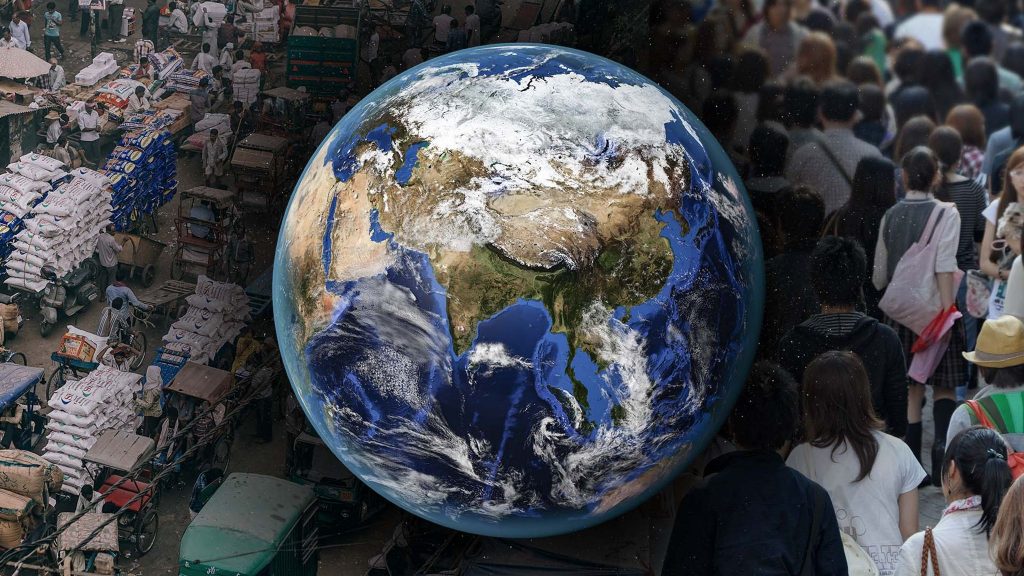.
In November 2022, the global population reached a staggering 8 billion people. However, a new report has predicted that the world’s population may peak at just 9 billion by 2050, a number far lower than previously anticipated. This revelation has sparked both optimism and concern, with debates on the pros and cons of Earth’s growing human population gaining momentum.

Proponents of a smaller population argue that it would require less energy, housing, food, and water, leading to reduced strain on the environment. However, there are crucial caveats to consider. One of the most pressing concerns is the need for significant investments in education and health, as well as addressing economic inequality in an aging society.
The authors of the report emphasize that their predictions are not an attempt to create an unattainable utopia, but rather a roadmap for a resilient civilization on a planet facing extraordinary pressure. The research indicates that the top 10 percent of the wealthiest individuals in the world are primarily responsible for overconsumption that poses a threat to the environment, including climate change.
Environmental scientist Jorgen Randers, one of the modelers for Earth4All, an initiative that collaborated with the Global Challenges Foundation to create the report, states, “Humanity’s main problem is luxury carbon and biosphere consumption, not population.” The report focuses on managing population growth in different regions, considering ten countries and regions, including China, the United States, and Sub-Saharan Africa.
Currently, population growth rates are highest in several African and Asian countries. The report presents two scenarios for the future. The first scenario, titled “Too Little Too Late,” envisions the world continuing along its current trajectory, resulting in a global population peak of 8.8 billion by the mid-century, gradually declining to 7.3 billion by 2100. This scenario predicts a rise in global inequality, ecological footprints, and wildlife extinction, as well as an increase in regional collapses due to social divisions and weak economies.

In contrast, the second scenario, called the “Giant Leap,” presents a more optimistic outcome. It suggests that the global population could peak at 8.5 billion around 2040, declining to just six billion by the end of the century. The authors highlight that economic inequality worldwide must be recognized as a source of division and a threat to democracy and human progress for this scenario to materialize.
In conclusion, the possibility of Earth’s population peaking at just 9 billion by 2050 has significant implications for our planet’s future. While a smaller population may have some benefits, it also requires addressing issues such as education, health, economic inequality, and overconsumption by the wealthy. The report’s scenarios provide a roadmap for policymakers and governments to navigate the challenges and opportunities associated with a changing global population, with the hope of building a resilient civilization that can thrive on Earth for generations to come.


